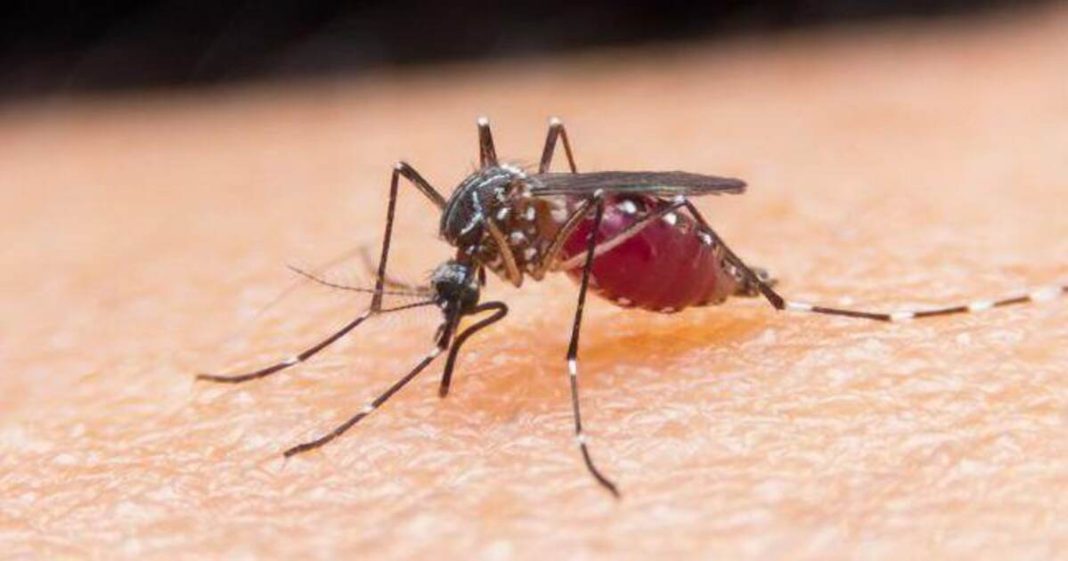On October 20, 2024, the World Health Organization (WHO) certified Egypt as malaria-free, marking the culmination of nearly a century of efforts to eradicate the disease that has plagued the country for millennia. The certification, hailed as “truly historic” by WHO Director-General Tedros Adhanom Ghebreyesus, places Egypt among 44 other countries and one territory that have successfully eliminated malaria transmission.
Malaria: An Ancient Scourge
Malaria, which has afflicted Egypt since ancient times, is transmitted by the bite of infected Anopheles mosquitoes. This parasitic disease primarily affects tropical regions and remains a global health threat, killing more than 600,000 people annually, 95% of them in Africa. In 2022 alone, there were 249 million recorded malaria cases worldwide.
Read More: Almost everyone in Gaza going hungry: WHO
Ghebreyesus reflected on the profound significance of this achievement, stating, “Malaria is as old as Egyptian civilization itself, but the disease that plagued pharaohs now belongs to its history and not its future.” He commended Egypt’s persistent efforts and commitment to eradicating malaria, noting that the nation had met all the criteria for WHO certification.
WHO Certification Criteria
To receive certification, Egypt had to demonstrate that indigenous malaria transmission had been interrupted for at least three consecutive years. Additionally, the country needed to show the ability to prevent re-establishment of transmission—a critical component to ensuring long-term success. The certification process is a rigorous evaluation of a country’s capacity to maintain surveillance, diagnosis, and treatment standards to sustain this achievement.
The WHO’s recognition of Egypt as malaria-free is a testament to the dedication of the Egyptian government and health authorities. “This certification of Egypt as malaria-free is truly historic, and a testament to the commitment of the people and government of Egypt to rid themselves of this ancient scourge,” Ghebreyesus added.
Century of Efforts
Egypt’s journey toward malaria elimination began in the 1920s, when early efforts were made to reduce human-mosquito contact. One of the first initiatives was the ban on rice and crop cultivation near homes, as stagnant water near human dwellings provided breeding grounds for mosquitoes.
However, by 1942, Egypt saw a spike in malaria cases, with over three million cases recorded due to population displacement during World War II. The construction of the Aswan Dam in the 1960s introduced further challenges, as stagnant water behind the dam became an ideal environment for mosquito breeding.
Despite these obstacles, Egypt made significant progress. By 2001, the WHO confirmed that the country had malaria “firmly under control,” setting the stage for the ultimate victory achieved in 2024.
New Phase of Vigilance
Although the certification marks a monumental achievement, Egypt’s Health Minister, Khaled Abdel Ghaffar, emphasized that the fight against malaria is far from over. “Receiving the malaria elimination certificate today is not the end of the journey but the beginning of a new phase,” Abdel Ghaffar said. He stressed the need for ongoing vigilance and tireless efforts to maintain the country’s malaria-free status, calling for strict standards in surveillance, diagnosis, and treatment.
The WHO echoed this sentiment, reminding Egypt that it must remain diligent in preventing the re-establishment of malaria transmission. Without ongoing public health efforts, the risk of malaria resurgence remains a concern, particularly with climate change and increased global travel.
Read More: Mpox ‘not the new Covid’, says WHO
Egypt’s malaria-free certification is a significant contribution to global public health efforts. Malaria remains a serious health issue in many parts of the world, particularly in sub-Saharan Africa. Nigeria, for instance, accounts for more than a quarter of all malaria deaths, followed by the Democratic Republic of the Congo, Uganda, and Mozambique. While Egypt celebrates its success, countries like these continue to grapple with high infection rates and are stepping up efforts, including the introduction of vaccines, to combat the disease.














